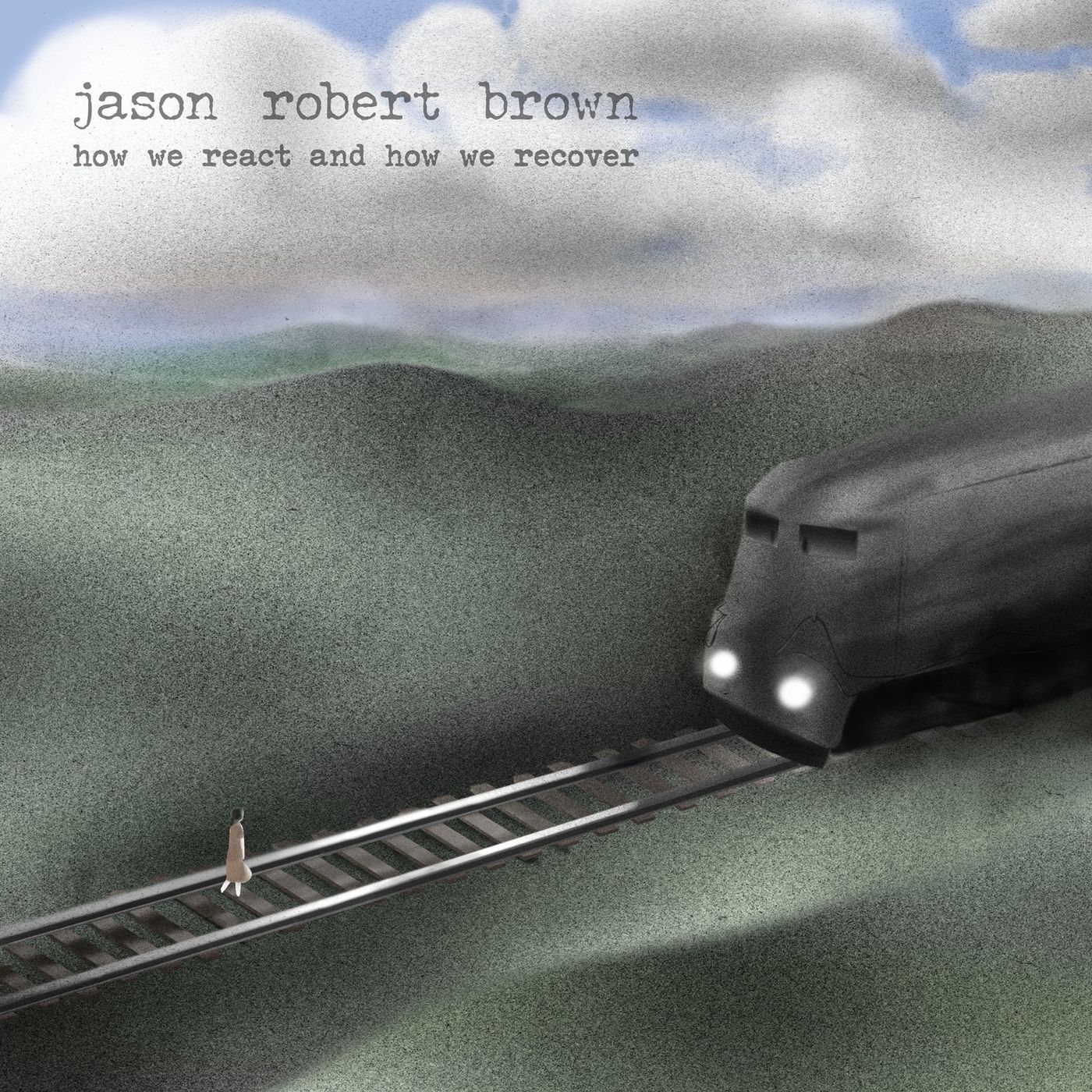BWW Album Review: Jason Robert Brown Teaches Us To React And Recover

The name "Jason Robert Brown" on a piece of music can strike joy in the hearts of singers and listeners (and mild trepidation in the hands of pianists everywhere). The Tony-winning composer has created a sound that has helped define contemporary musical theatre: pop-tinged melodies combined with lyrics that are alternately conversational and elegant, but always embrace the marvelous possibilities of language. His new album, How We React and How We Recover, takes on the uncertainties of today's world with his trademark wry honesty.
"Hope" opens the album and sets the tone for what's ahead. It's a thoughtful, conversational rumination on creativity itself, evocative of something like Elton John's "Your Song." Lyrics like "I'm not inspired much right now" speaks to that familiar feeling of creative block, compounded by worries about the world at large. But, as a later line goes, "Oh, look, one verse is done" - we're doing more than we realize we are.
One of Brown's most distinctive qualities is his ability to create truly memorable melodies, and this album is no exception. "One More Thing Than I Can Handle" is one of the highlights of the album, with interesting melodies that surprise in the best way. Brown's songs are a little bit longer than typical standalone songs, several clocking in at five or six minutes, but it contributes to an almost aria-esque quality and allows room for more emotional complexities. Likewise, "Hallowed Ground" takes its time, with lyrics that - like the rest of the album - seem to be contemplating and searching for something just out of reach.
Brown is at his best when he's using lovely, contemporary language and melodies to explore complex emotions, so it's not a surprise that the more stylized songs feel just the slightest bit less authentic. "Melinda" is a ton of fun, with a bit of a salsa sound, but the country-tinged "Fifty Years Long," in both its sound and its lyrics, feels like it can't decide if it's a classic country angst song or lightly ribbing that genre. And given Brown's usual knack for creative phrasing that avoids clichés, "Caravan of Angels" feels pretty out of place.
Something Brown doesn't shy away from on this album: the frustration and sadness that seems to go hand-in-hand with current events. "A Song About Your Gun" debuted in early 2016, first in a live performance at SubCulture, and later on Brown's website following the shootings in Orlando. Its lyrics are both biting and exhausted, mirroring the sentiments of its writer and many others, and it pulls no punches. But, as a counterpoint of sorts, we have "All Things In Time." It's a much quieter track, something that feels like an anthem for our times (and the source of the lyric that contains the album's title).
The lyrics are, in true JRB style, as imperfect and thoughtful as the human mind and heart, talking about "something like faith" and the ways we look to a future we hope is brighter. It's lovely in its messiness - and if you're still longing for a more fully optimistic track, the album's closer "Wait 'Til You See What's Next" brings us out of this journey on a note of hope. It's bouncy and upbeat, urging us all to "try for something more, try for something great." Consider it done.
Reader Reviews
Videos

